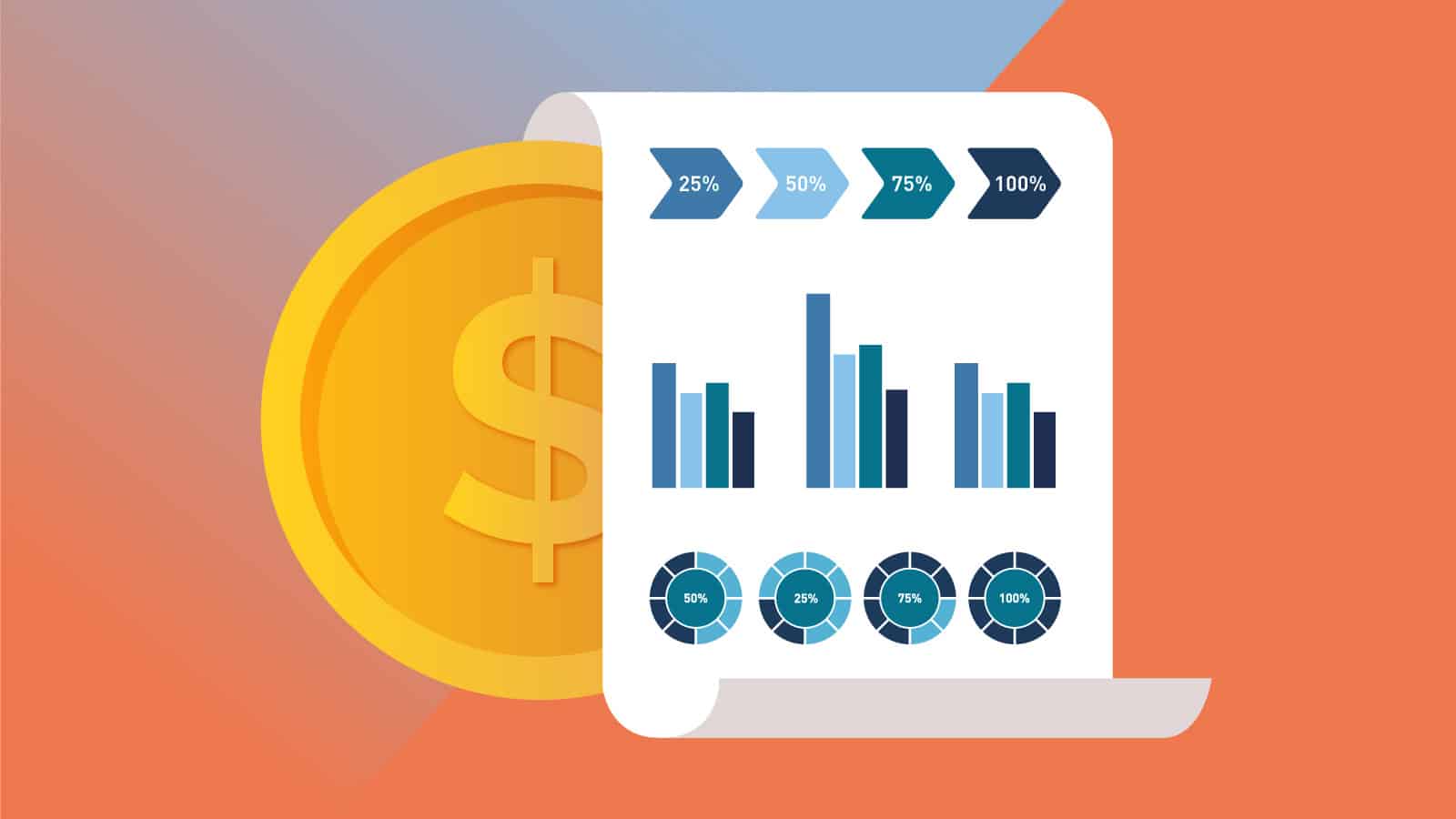In a highly competitive world, financial institutions must constantly adapt and innovate. They must consider novel communication channels, regulatory guidelines, and customer demands, which are rapidly changing. These challenges create an opportunity for financial institutions to use data science methodologies to help them make better decisions. This will set them apart from their competitors.
Benefits of data science for financial institutions
Financial institutions face several challenges when assessing and reducing short- and long-term financial risks. With the rise of data-driven solutions, financial institutions such as David Johnson Cane Bay Partners located in St. Croix can better understand consumer behavior and make more informed strategic business decisions. For example, machine learning has made loan application processes more efficient, and AI-powered applications can deliver better recommendations. These developments have transformed various industries, including the finance sector.
With data science, financial institutions can instantly analyze vast amounts of data. This makes it easier for them to predict market trends and investments. This allows financial institutions to make more informed decisions about what products and services to offer and at what rates to set. It also helps them stay competitive and win customer loyalty.
As companies gather data on consumers and businesses in their community, they can develop analytical models and use them to predict the future of a market. This can help financial institutions avoid risks and minimize losses. As a result, financial institutions can better manage and analyze risks with improved predictive models, leading to better decisions and increased profit.
Applications of data science in finance
Data science is used in several areas, including fraud detection, algorithmic trading, and risk management. For example, risk management uses data to identify, assess, and control the risk associated with a particular financial transaction. The goal of risk management is to reduce financial loss. In addition, data science in the financial industry allows companies to monitor and analyze changing customer preferences and market conditions.
Financial analytics is becoming more sophisticated, predicting market moves, including bull and bear markets. It can also advise investors on the optimal time to invest in stocks. Some platforms can tell investors when to take money out or put it in. Financial organizations use these technologies to make better-informed decisions and maximize profits.
Managing and using the data efficiently is essential for business success.
Methodologies used by data scientists to analyze financial data
Data scientists are increasingly analyzing a company’s past financial data to determine its creditworthiness. This includes financial data such as payment history and credit score. This allows companies to determine whether a customer is a good credit risk or not. Many companies can use these techniques to analyze financial data.
Financial data scientists use these tools to analyze and predict the future value of financial assets and markets. They have many uses, including in stock market predictions, commodities markets, and futures markets. Using these technologies, they can identify the factors that drive price fluctuations and predict when they will happen again. Financial data scientists can also use the power of statistical analysis, such as regression analysis. However, unlike traditional statistical models, regression analysis cannot differentiate between financial and non-financial domains. Instead, it will give the user the numbers they need to interpret.
Differences between data scientists in finance and other industries
Data scientists in the financial industry have a distinct set of skills. They must have expertise in data cleaning and munging and domain knowledge. They also need a strong computer science background. And their work is highly demanding. As a result, they must have a wide range of experience to be successful in their career.
A data scientist in finance is expected to have a broad knowledge of statistics, data visualization, and machine learning. In addition, they should be able to work with unstructured and semi-structured datasets. They must also understand the systems and data vendors used in the finance industry. A financial data scientist can earn up to $10 million per year. While many industries have data science professionals, the financial industry is unique regarding application opportunities.



